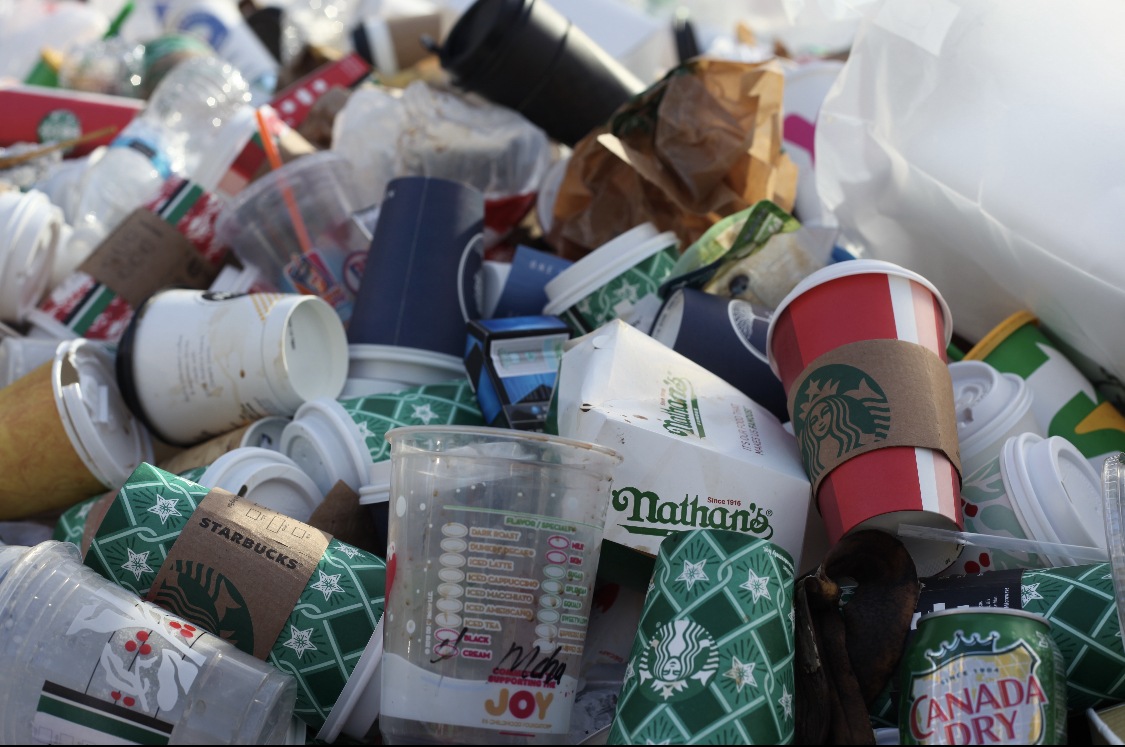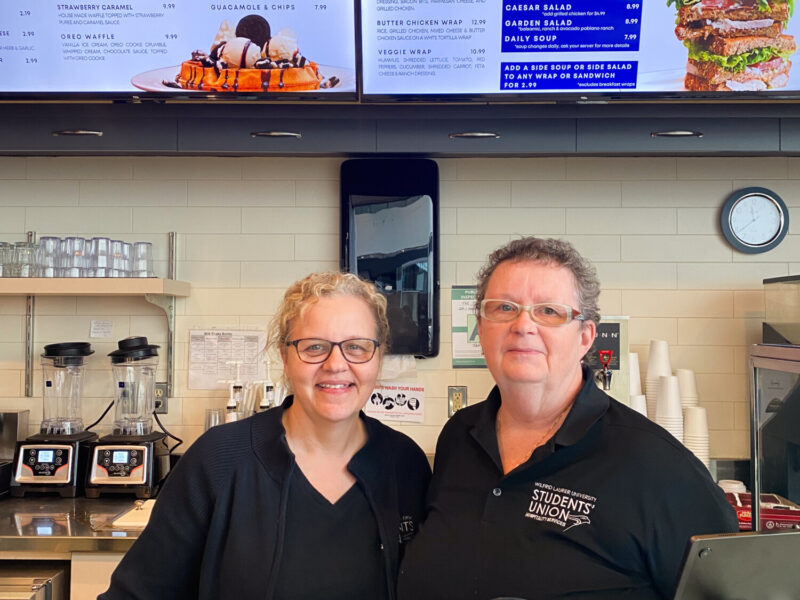Contributed Photo / Unsplash
As the federal ban on single-use plastics looms closer, local businesses in Brantford are struggling to adapt to paper products.
The federal ban is coming into effect on Dec. 20 and will prohibit the use of checkout bags, cutlery, foodservice ware, stir sticks and straws. The ban is under the Canadian Environmental Protection Act, 1999, and is expected to decrease plastic waste by four per cent each year, according to the Government of Canada’s website.
“It’s affecting businesses, it’s affecting the consumer,” said Mahmoud Alrejleh, the owner of Chinese Sisters, a halal Chinese restaurant. “Plastic is cheaper to produce and that’s why it’s used.”
The transition from plastic to paper is expected to cost Canadian consumers $2 billion over the next 10 years. According to the Fraser Institute, a plastic straw costs around 0.75 cents, while a paper straw costs up to 4 cents.
Mahmoud Alrejleh, the owner of Chinese Sisters, a halal Chinese restaurant in Brantford, said lawmakers should’ve considered business owners’ opinions first.
“Are they involved in the business, do they come and talk to us? No!” said Alrejleh.
The use of paper products will force smaller businesses to raise their prices.
Bi Liang, the owner of Fridays, a local coffee shop, said she is spending double the price on paper straws compared to plastic straws.
“Not allowing me to use the plastic is not the solution,” said Alrejleh. He said he supports the movement toward sustainability, but now must buy his paper supplies from China, whereas he used to buy all his plastic products from local suppliers.
Buying a paper bag is 700 per cent more expensive than buying a plastic bag, excluding the cost of shipping, said Alrejleh. Customer complaints are increasing about the use of paper.
“I give them something that’s going to collapse in their hands,” said Alrejleh. He said his customers are complaining that the paper products aren’t strong enough.
Both paper straws and paper bags are causing customer dissatisfaction. Alrejleh said some even came back to complain that their paper bags of food fell apart in the rain before they could reach their car.
“The government has made the law, so we have to follow,” said Liang, even though she is expecting customer complaints about the paper straws.
Many Canadian businesses have been using paper products for a few years.
“Right now is kind of crunch time for businesses to start switching over,” said Brandon Leeds, co-founder at SOFi products. He said demand is increasing by approximately 50 per cent, as SOFi products has replaced over 100 million straws.
A recent study from Belgium has found that replacing plastic straws with paper is not an eco-friendly or healthy alternative. The study found that paper straws contain more per- and polyfluoroalkyl substances than plastic straws. PFAS works as a water repellent, but most PFAS are not biodegradable and can be toxic to humans.




